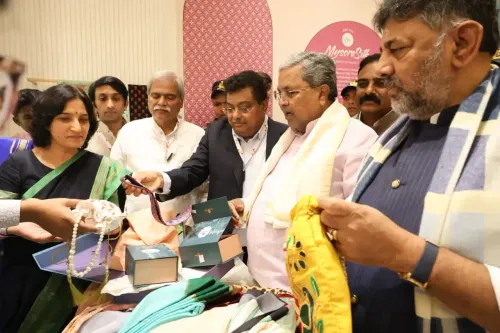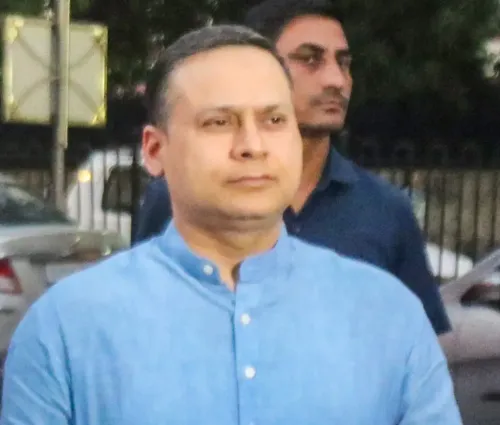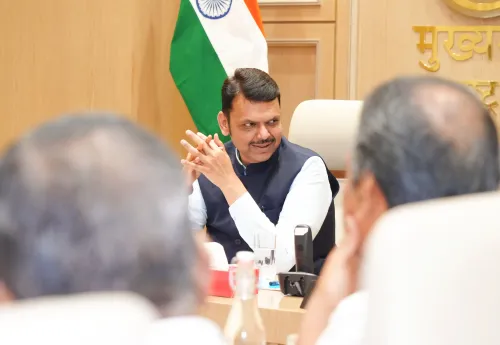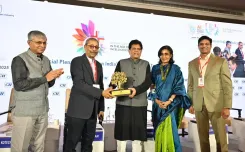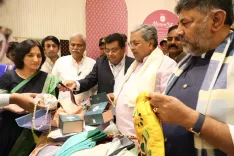Parliament Approves Bill Empowering Railway Zone GMs
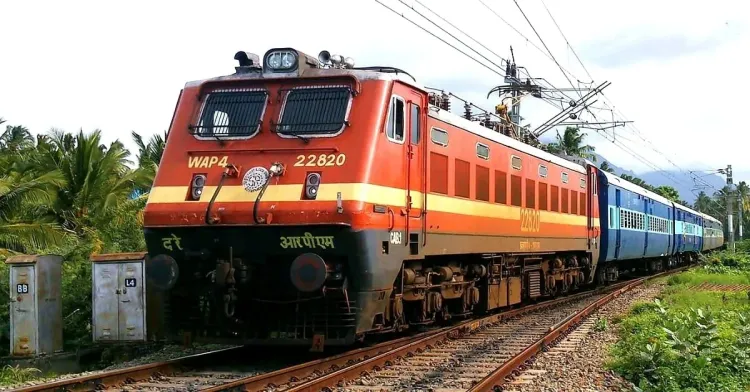
Synopsis
Key Takeaways
- Empowerment of GMs with financial authority up to Rs 1,000 crore.
- Investment in railway safety has increased significantly.
- 34,000 km of new tracks have been laid in the last 11 years.
- Modernisation includes 3,10,000 toilets for improved hygiene.
- Access control at 60 major stations to manage crowds.
New Delhi, March 10 (NationPress) The historic Railways (Amendment) Bill, 2025 was endorsed by Parliament on Monday, following the Rajya Sabha's approval of a provision aimed at granting greater financial authority to field officers for the streamlining and modernisation of railway operations throughout India.
This legislation was previously passed by the Lok Sabha in December last year.
In his address to the upper house, Railways Minister Ashwini Vaishnaw highlighted the bill's importance in empowering field offices and boosting operational efficiency.
He explained that the bill is intended to simplify existing regulations and encourage decentralisation by allowing general managers in railway zones to approve projects valued up to Rs 1,000 crore.
The approval of this bill signifies a pivotal moment in India’s railway modernisation initiative, promising safer, more efficient, and passenger-centric services for the future, the minister added.
The Indian Railways operates through its zones, divisions, and production units under the guidance of the Railway Board, which also formulates all policy decisions related to railway functions.
The Railways (Amendment) Act, 2025 will supersede outdated colonial-era provisions. The authority of the Railway Board will now be included within the Railways Act, 1989, thus reducing the need to reference multiple acts.
Nonetheless, the structure, scope, and operations of the Railway Board, zones, divisions, and production units will continue unchanged.
Emphasising the government’s dedication to state-specific railway development, Vaishnaw noted significant budget allocations in states where the ruling party does not hold power. States like Kerala, Tamil Nadu, Odisha, and West Bengal have all received considerably higher allocations compared to previous governments, the minister highlighted.
In the last 11 years, 34,000 kilometres of new railway tracks have been installed, exceeding the total rail network of Germany. Furthermore, electrification of 45,000 kilometres has been achieved, significantly cutting down reliance on fossil fuels, while 50,000 kilometres of old tracks have been replaced with new, high-quality rails, he added.
Investment in railway safety has also surged from Rs 8,000 crore under previous governments to Rs 1.14 lakh crore under Prime Minister Modi’s administration, the minister noted.
Rail incidents have decreased by 91%, dropping from 2,548 in 2013-14 to a mere fraction today. The introduction of the Kavach safety system, certified with SIL 4, guarantees enhanced security in railway operations, he stated.
The minister also pointed out that over 5,02,000 jobs have been created in the Indian Railways during the NDA government, compared to 4,11,000 under the UPA regime. Large-scale recruitment examinations have been conducted transparently, attracting millions of candidates, Vaishnaw said.
Additionally, enhanced training programs on the iGOT platform have seen maximum enrolment from railway personnel, he mentioned.
Discussing improvements in passenger amenities and modernisation within Indian Railways, Vaishnaw noted that 3,10,000 modern toilets have been fitted in railway coaches, significantly elevating hygiene standards. As many as 558 running rooms for loco pilots are now fully air-conditioned for improved comfort and efficiency. New locomotives are being produced with cutting-edge technology and better working conditions.
Vaishnaw also addressed crowd management issues at railway stations, particularly in light of recent events.
He announced that full access control will be enforced at 60 major railway stations, ensuring that only ticket-holding passengers can access platforms. Moreover, special trains will be stationed near high-traffic stations to manage unexpected surges in passenger numbers.
In closing, the Minister reiterated Prime Minister Narendra Modi’s vision for a ‘Viksit Bharat’ (Developed India), urging railway employees and stakeholders to strive threefold to build upon the solid foundation laid in the past decade.

